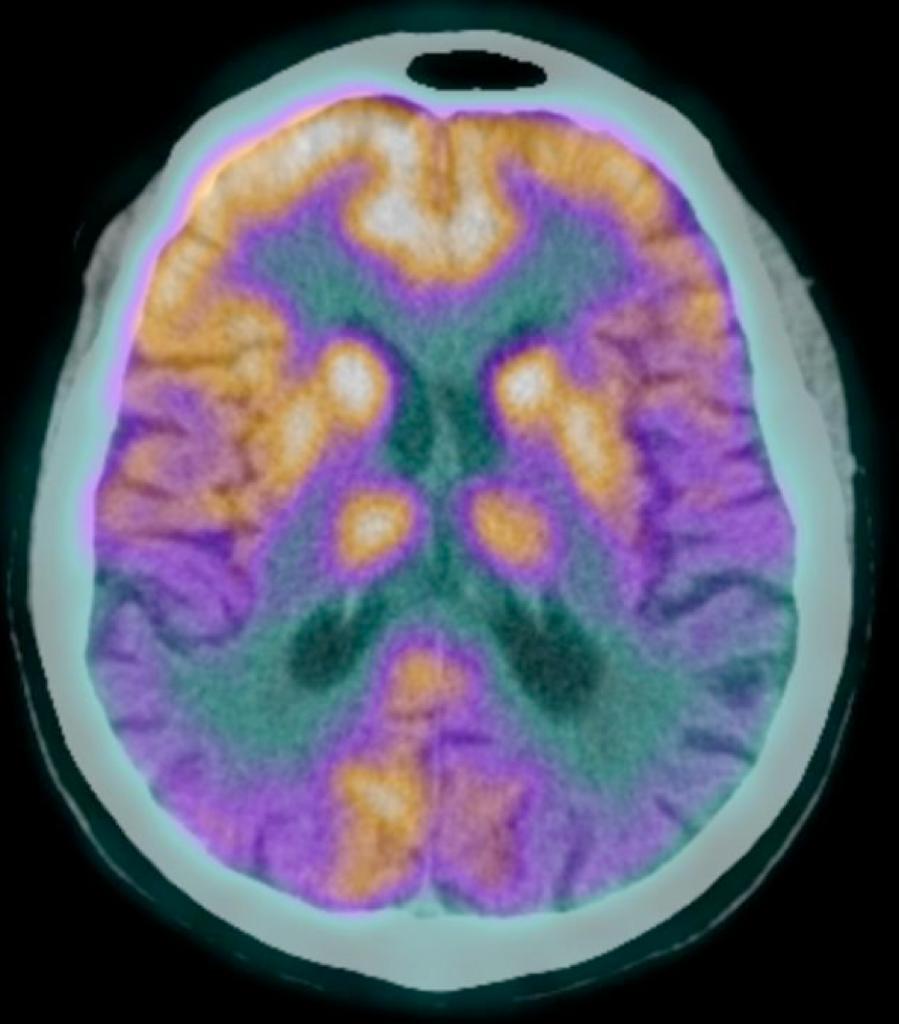Alzheimer’s Disease (AD) is a progressive and irreversible brain disorder that gradually destroys memory and cognitive function. First identified by Dr. Alois Alzheimer in 1906, it has since become one of the most prevalent forms of dementia affecting millions worldwide. This chapter explores the key aspects of Alzheimer’s Disease, including its causes, symptoms, diagnosis, and current approaches to treatment and care.
Understanding the Brain in Alzheimer’s Disease
The brain is an intricate network of neurons, each communicating through neurotransmitters. Alzheimer’s disrupts this communication, leading to the formation of abnormal protein structures. Two primary hallmarks are amyloid plaques, formed by beta-amyloid protein, and neurofibrillary tangles, consisting of tau protein. These structures interfere with the normal functioning of neurons, ultimately causing their death and the subsequent shrinkage of affected brain regions.
Risk Factors and Causes
While the exact cause of Alzheimer’s remains unclear, several risk factors contribute to its development. Age is the most significant risk factor, with the majority of cases occurring in individuals over 65. Genetic factors, particularly the presence of the APOE gene, can increase susceptibility. Additionally, lifestyle factors such as cardiovascular health, physical activity, and education level are implicated in the disease’s onset and progression.
Symptoms and Stages of Alzheimer’s Disease
The progression of Alzheimer’s is typically divided into three stages: mild, moderate, and severe. In the early stages, individuals may experience memory loss, confusion, and difficulty completing familiar tasks. As the disease advances, symptoms intensify, encompassing language difficulties, impaired judgment, and personality changes. In the severe stage, individuals lose the ability to communicate, recognize loved ones, and perform basic daily activities.
Diagnosis and Assessment
Diagnosing Alzheimer’s involves a comprehensive evaluation of medical history, cognitive tests, and often neuroimaging studies. Specialized assessments gauge memory, attention, problem-solving, and language skills. Early and accurate diagnosis is crucial for implementing interventions that can slow disease progression and enhance the quality of life for affected individuals and their families.
Current Approaches to Treatment
While there is currently no cure for Alzheimer’s, various treatments aim to alleviate symptoms and slow disease progression. Medications such as cholinesterase inhibitors (e.g., donepezil) and NMDA receptor antagonists (e.g., memantine) are commonly prescribed to manage cognitive symptoms. Lifestyle interventions, including a healthy diet, regular exercise, and cognitive stimulation, are also emphasized to support overall well-being.
The Role of Caregivers and Support Systems
As Alzheimer’s progresses, caregiving becomes a crucial aspect of patient management. Caregivers play a vital role in providing physical, emotional, and practical support. Support groups and resources are available to assist caregivers in coping with the challenges posed by the disease. Maintaining a supportive environment that prioritizes safety, understanding, and dignity is essential for both individuals with Alzheimer’s and their caregivers.
Research and Future Directions
Ongoing research seeks to unravel the complexities of Alzheimer’s Disease, with a focus on understanding its genetic underpinnings and developing targeted therapies. Biomarker research, neuroimaging advancements, and clinical trials are pivotal in enhancing early detection and treatment options. A multidisciplinary approach involving neuroscientists, clinicians, and caregivers is imperative in advancing our understanding and management of Alzheimer’s Disease.
Conclusion
Alzheimer’s Disease represents a significant public health challenge with profound impacts on individuals, families, and society. As our understanding of the disease evolves, so too does the hope for effective treatments and, ultimately, a cure. Through continued research, education, and support, the collective efforts of the scientific community, caregivers, and individuals affected by Alzheimer’s strive toward a future where the impact of this devastating disease is minimized.


Wow, awesome blog format! How lengthy have you ever been running a blog for?
you made blogging look easy. The overall look of your website is
excellent, let alone the content material! You can see similar:
dobry sklep and here
sklep online